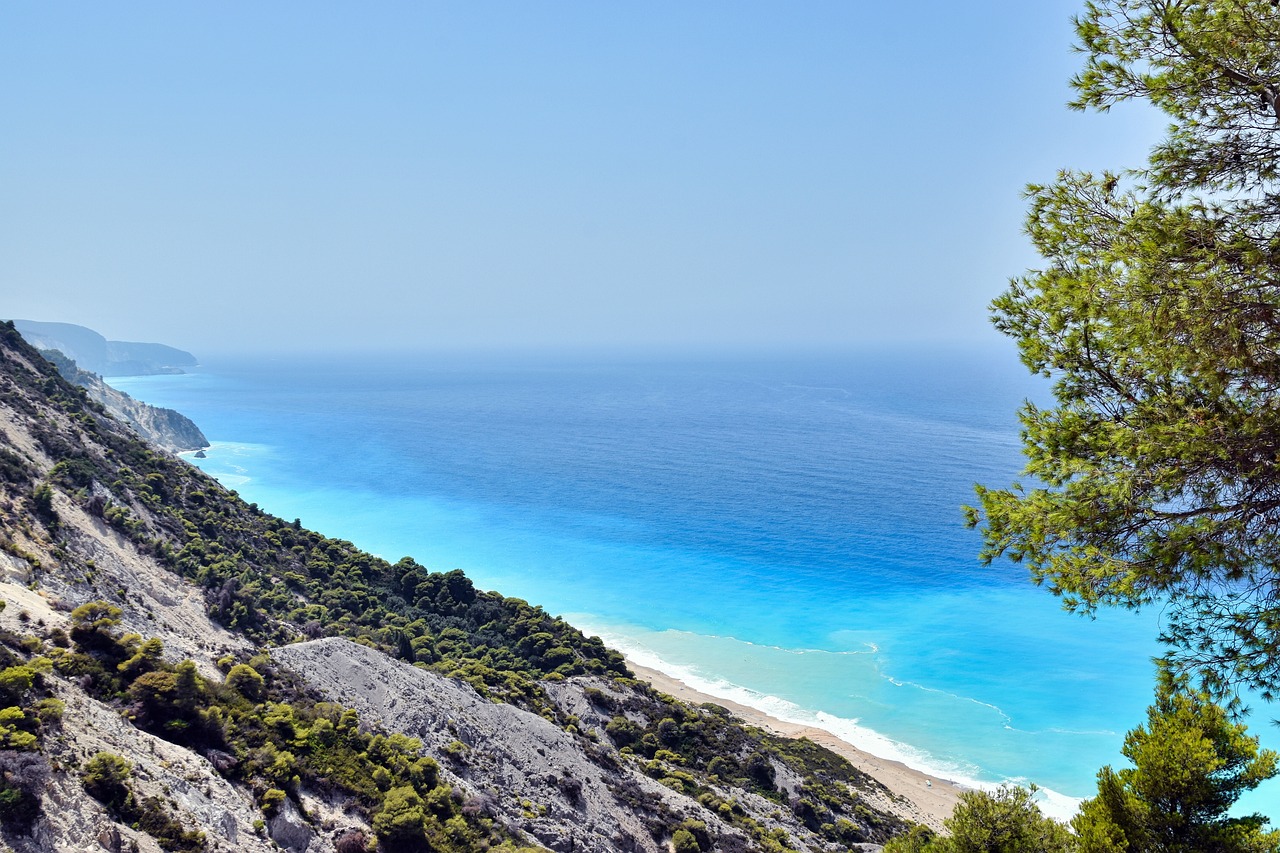
In a strategic move to bolster its energy independence amid Europe’s scramble for alternative fuel sources due to the Ukraine conflict, Greece has embarked on a natural gas prospecting venture off its southwestern coast with ExxonMobil at the helm. The energy behemoth has deployed its vessel and commenced operations, according to Energy and Environment Minister Kostas Skrekas, who made the announcement on state television. This development unfolds within days of the Prime Minister’s declaration to initiate the project, signalling Greece’s urgent pivot towards exploring indigenous energy reserves.
The endeavour, which unfolds amidst an atmosphere of strained relations with Turkey over maritime rights, is not without controversy. Environmental advocates have voiced their stark opposition, citing the severe impact such underwater exploration could have on the region’s marine life, particularly the vulnerable whale and dolphin populations. They warn of the dire consequences that could arise from seismic testing, a method that employs sonic waves to map the subsea resources, which could disturb or even harm cetaceans that are sensitive to underwater noise. Furthermore, critics are wary of potential ecological disasters like oil spills, and they argue that a successful prospect could lead to an uptick in fossil fuel consumption, thus exacerbating the global climate crisis.
Minister Skrekas, holding dual responsibility for both Greece’s energy and environmental policy, has been at pains to emphasise the measures in place to safeguard the marine environment. Addressing concerns at the Foreign Press Association, he assured that the prospecting and any subsequent mining operations would adhere to stringent environmental protections. The prospect of finding large reserves, speculated to be southwest of Crete and the Peloponnese, has been described as potentially the last significant opportunity for the mining industry to discover considerable deposits in southeastern Europe.
The exploration block includes parts of the Hellenic Trench, known for its deep waters and as a critical habitat for endangered species such as the Mediterranean sperm whales. The seismic surveys, akin to sonar used by warships, which have proven detrimental to marine life, pose a similar threat to these already imperilled creatures.
Skrekas has been firm on the commitment to environmental stewardship, stating unequivocally that activities will not compromise on ecological welfare, despite the dual nature of his ministerial role.
The timing of the prospecting coincides with heightened geopolitical tensions, as Greece continues to navigate its contentious relationship with Turkey over exploration rights, an issue that previously led to a military buildup following Turkish prospecting activities near Crete.
As Europe diversifies its energy portfolio in response to the fallout from Russia’s invasion of Ukraine and the subsequent disruptions in gas supply, Greece’s latest move to probe the depths of its own territorial waters for natural gas could be a critical step towards energy autonomy and regional stability. However, it does so while walking a tightrope between advancing its energy interests and preserving the environmental sanctity of its marine ecosystems.






